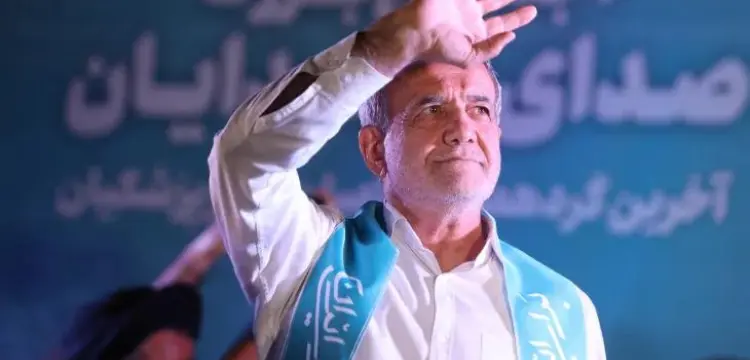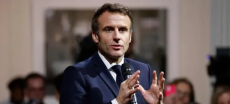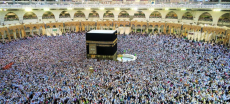Masoud Pezeshkian, a low-profile moderate, has been elected as Iran’s president, carrying the hopes of millions of Iranians for fewer restrictions on social freedoms and a more pragmatic foreign policy. His victory over hardline candidate Saeed Jalili in the second-round presidential vote is seen positively by world powers, who hope he will pursue peaceful resolutions to the ongoing tensions regarding Iran’s nuclear program.
Pezeshkian, a 69-year-old cardiac surgeon, managed to gain the support of the urban middle class and youth, who had grown disillusioned by years of security crackdowns stifling public dissent. He has promised to promote a pragmatic foreign policy, ease tensions over the stalled negotiations to revive the 2015 nuclear pact, and improve social liberalization and political pluralism.
Under Iran’s dual system of clerical and republican rule, the president’s power is limited by the Supreme Leader Ayatollah Ali Khamenei, who controls major state matters. However, the president can influence the tone of Iran’s policy and play a role in selecting Khamenei’s successor. Pezeshkian has pledged not to confront Khamenei’s policies but has emphasized his commitment to fulfilling his campaign promises or stepping away from political work if he fails.
Read More: India implements new criminal laws, raising concerns among minority groups
The reformist camp, led by former President Mohammad Khatami, endorsed Pezeshkian following the death of hardline President Ebrahim Raisi. Pezeshkian’s views contrast sharply with those of Raisi, particularly regarding women’s dress laws and the nuclear deal negotiations. Despite the challenges, Pezeshkian has vowed to revive the economy and support social freedoms, though many doubt the ruling theocracy will allow him to make significant changes.
Pezeshkian has a history of criticizing the clerical establishment’s suppression of dissent and advocating for ethnic minority rights. He has also called for humane treatment of women regarding the hijab law and sought clarification on the death of Mahsa Amini, which sparked nationwide unrest. His background includes serving as health minister and deploying medical teams during the Iran-Iraq war. Pezeshkian, who lost his wife and one of his children in a car accident, has raised his surviving children alone and chose never to remarry.











